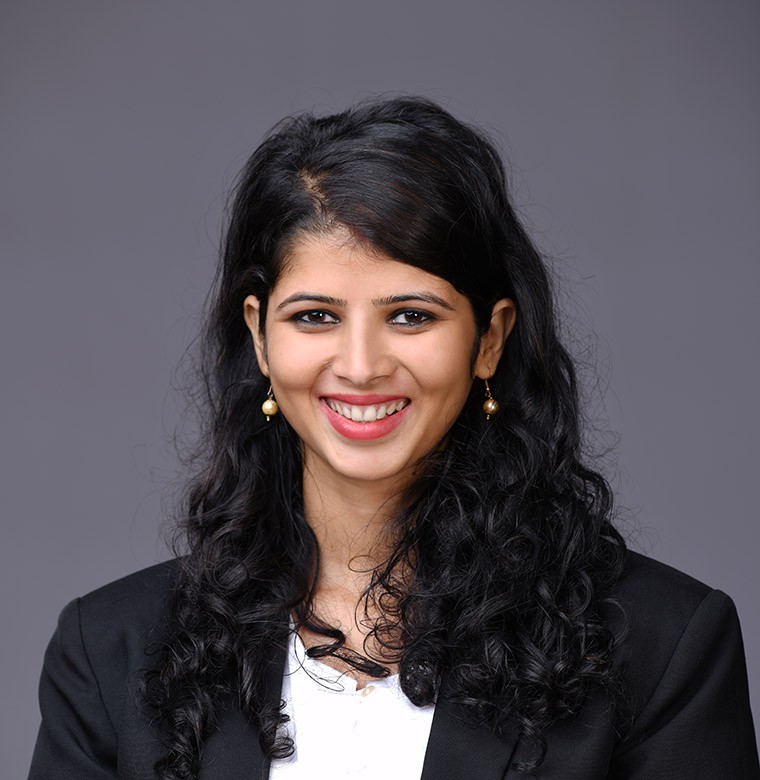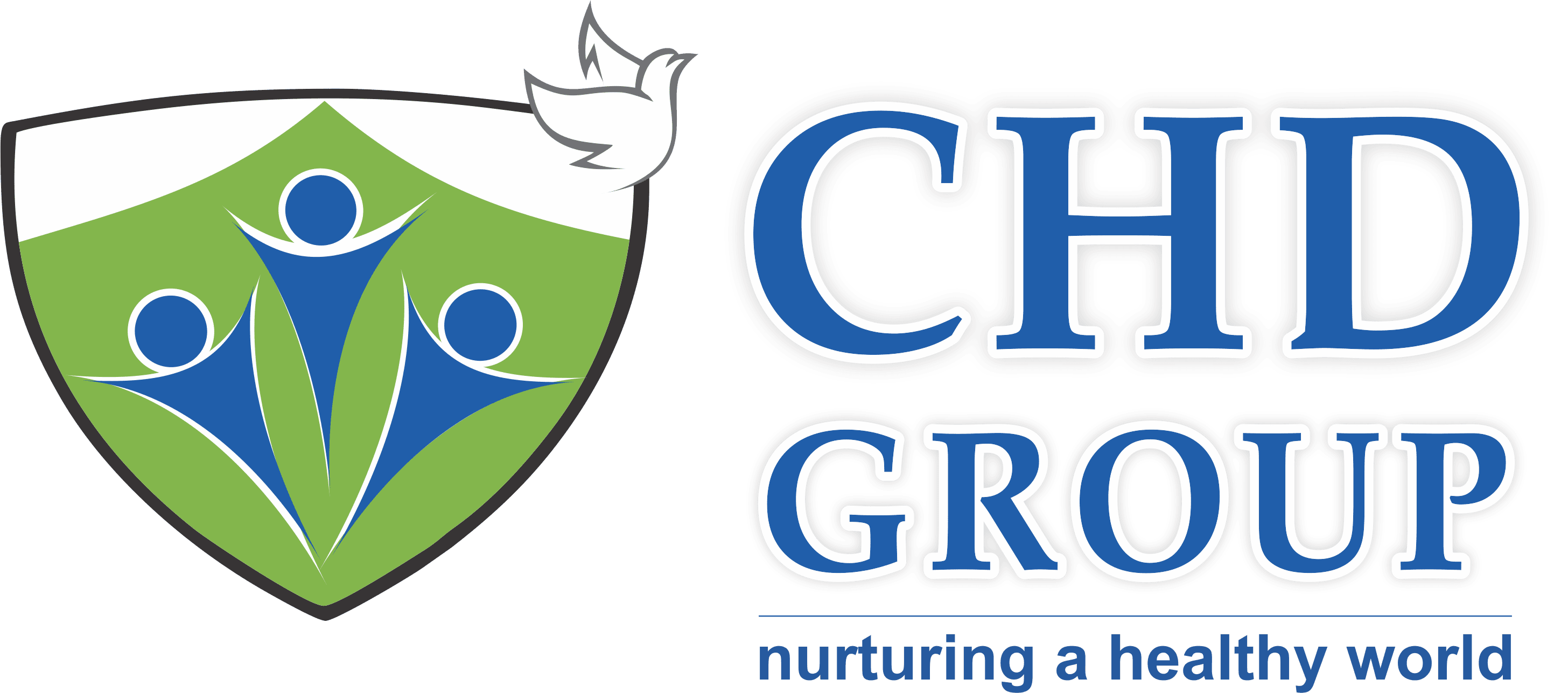The moment we hear of the word “medical negligence”, we immediately associate it with medical mishap at the hands of a surgeon. But, is the accountability on the part of a health care professional limited to a doctor in the operation theatre? Suppose, a person takes allopathic medicine on advice of a homeopathy doctor and it leaves him bed ridden. Does it amount to medical negligence? Can a hospital staff be booked for medical negligence? Can a doctor be criminally liable for negligence resulting in death of a patient? This article demystifies the law relating to medical negligence in India.
Medical negligence is a breach of duty to care by an act of omission or commission by a medical professional of ordinary prudence[1]. Medicine practice in India is not limited to the modern system of medicine wherein a patient is conventionally treated by using drugs or surgery. India has its own antique system of medicinal practice such as Ayurveda, UNANI, Siddha etc. Homeopathy practice is equally prevalent in India. Recently, Kerala High Court[2] stated that a qualified Homoeopathic Physicians can prescribe and dispense preventive and prophylactic homeopathy medicines for preventing Covid-19. The Court added that Homeo physicians can resort to homeopathy for Covid symptoms like illness. In other words, every system of medicine practice in India has its own physician/medical professional having a certain level of requisite knowledge in that particular field.
Each system of medicine is governed by a particular law. The modern system of medicine is governed by the National Medical Commission Act, 2019 (“NMC Act”). Section 2 (j) of the NMC defines “medicine” as modern scientific medicine and its branches, surgery and obstetrics. Under the said Act, the National Medical Commission (“NMC”) has been constituted that has been vested with the power to lay down policies and codes to ensure professional ethics amongst its practitioners. While the authority to make regulations for professional code of conduct is with the NMC, the Ethics and Medical registration Board (autonomous board) has been entrusted with the function of compliance of the code of conduct under Section 27 (1) (b) of the 2019 Act. So far, the newly established NMC has formulated two regulations pertaining to establishment of Medical College and minimum requirement for admissions in MBBS.[3]
Similarly, National Commission for Indian System of Medicine Act, 2020 (“NCISM Act”) provides for establishment of National Commission of Indian System of Medicine (“NCISM”) empowered to regulate medical professionals of Indian System of Medicine. The NCISM Act defines Indian System of Medicines as, “Ashtang Ayurveda, Unani, Siddha and Sowa-Rigpa Systems of Medicine supplemented by such modern advances, scientific and technological development as the Commission may, in consultation with the Central Government, declare by notification from time to time.[4]” The Act empowers NCISM to lay down policies for regulating medical institution, medical research and medical professionals.[5] The Act further entrusts NCISM to ensure observance of professional ethics in the Medical profession. An autonomous Board namely Board of Ethics and Registration for Indian System of Medicine is responsible to regulate professional conduct and medical ethics in accordance with regulation made under 2020 Act[6].
To govern the Homeopathy practice, National Commission of Homeopathy Act, 2020 (“NCH Act, 2020”) has been passed that provides for the constitution of National Commission of Homeopathy (“NCH”). The NCH Act defines Homeopathy as, “Homoeopathic System of Medicine and includes the use of biochemic remedies supplemented by such modern advances, scientific and technological development as the Commission may, in consultation with the Central Government, declare by notification from time to time.” Under the Act, NCH has power to make regulations to observe professional ethics[7] and Board of Ethics and Registration for Homeopathy has duty to regulate professional conduct in accordance with the regulation made under the Act.[8]
Besides the regulatory provision, a person can approach the Court for judicial remedies. The Supreme Court in its landmark judgement in Indian Medical Association v V.P Shantha & Ors[9] held that services rendered by a medical professional are “services” defined under Section 2 (o) of Consumer Protection Act, 1986. However, government hospitals/healthcare/dispensary/ nursing homes providing free services to all (both rich and poor) does not come within the said definition of service. But, doctors/hospitals/nursing homes (a) providing free services to few people and paid services to other people are rendering services as defined under the Act (b) when charges for consultation, diagnosis and medical treatment of an insured are borne by the Insurance Company, it cannot be said as “free service” (c) when an employer bears the expense of a medical treatment for his employee and the dependants, the services provided are not free in such cases. The apex Court in Union of India vs. N K Srivastava & Ors[10] reiterated the same principle and held that Hospitals providing free services to poor class but bulk of the services rendered to the patients on payment basis undoubtedly fall within the definition of service under Section 2 (o) of Consumer Protection Act. The Court said that the expenses incurred for providing free services are met of the income from the service rendered to the paying patients. Hence, a complaint can be filed under the Consumer Protection Act before the appropriate Consumer Forum.
In Jacob Mathew v State of Punjab[11], the Supreme Court observed, a professional requires special skills. He impliedly assures his subject that: a) he is in possession of a particular level of learning b) he will exercise reasonable degree of care and precaution towards him. Violation of any of the said two findings by professional amounts of negligence. The latter is established on the basis of test laid down in Bolam v. Friern Hospital Management Committee[12], popularly known as Bolam test. The test is the standard of the ordinary skilled man exercising and professing to have that special skill. It is not necessary to expect a professional to possess highest level of expertise in his field. The Supreme Court in Arun Kumar Manglik v Chirayu Health and Medicare Private Limited[13] observed “Our law must take into account advances in medical science and ensure that a patient-centric approach is adopted. The standard of care as enunciated in the Bolam case must evolve in consonance with its subsequent interpretation by English and Indian Courts.” The Court further added that, while adopting a course of treatment a medical professional must ensure that it is not unreasonable.
Medical negligence comprises of following essential components: (1) A legal duty to exercise due care on the part of the medical professional; (2) failure to inform the patient of the risks involved; (3) the patient suffers damage as a consequence of the undisclosed risk by the medical professional; (4) if the risk had been disclosed, the patient would have avoided the injury; (5) breach of the said duty would give rise to an actionable claim of negligence. In medical negligence complaints, the burden to prove breach of duty, injury and causation is on the complainant (Maharaja Agrasen Hospital & Ors v Mater Rishabh Sharma & Ors).
Hospitals have vicarious liability for the negligence committed by its doctors. In Maharaja Agrasen Hospital case (supra), a premature baby became permanently blind because the doctor failed to carry out mandatory check up for Retinopathy for Retinopathy of Prematurity of a pre-term baby. The Court said, a patient approached a hospital due to its reputation and with the hope that proper care will be taken by the hospital authorities. If the hospital fails to discharge its duties through the doctor employer on contractual or permanent basis with it, it is the hospital which has to justify the omission and commission on behalf of their doctors.
A Homeopathic doctor cannot prescribe allopathic medicine. A person who does not have knowledge of a particular System of Medicine but practices in that System is a Quack and a mere pretender to medical knowledge or skill, or to put it differently, a Charlatan[14].
Negligence can also be criminally prosecuted under Section 304A of Indian Penal Code. It is settled law that for negligence to amount to an offence, the degree of negligence must be “gross”. The action of the accused is such that no other medical professional acting in ordinary sense would have done or failed to do. The highest degree of negligence depends on the circumstances of the particular case.
Medical profession being the noblest of all, needs to be protected from frivolous criminal cases instituted with malicious intent to extort compensation. The Supreme Court (Jacob Mathew Case) realised that there is a need to protect doctors from unjust prosecution. False, baseless criminal cases can be used as a tool of harassment. Hence, to safeguard medical professionals against criminal cases instituted with mala fide intent, the Supreme Court of India laid down following guidelines that governs prosecution of doctors for rash and negligence 1) a private complaint may not be entertained unless the complainant has produced prima facie evidence in form of credible opinion by other doctor to support charge of rash and negligence 2) the investigating officer before proceeding against the doctor will obtain an opinion from a government doctor qualified in that branch of medical practice who can give impartial opinion based on Bolam’s test 3) a doctor may not be arrested in a routine manner (simply because a charge has been levelled against him). Unless his arrest is necessary for furthering the investigation or for collecting evidence or unless the investigation officer feels satisfied that the doctor proceeded against would not make himself available to face the prosecution unless arrested, the arrest may be withheld. Medical negligence attracts both civil and criminal liability. A complaint registered under the Consumer Act gives remedy to claim compensation for the act of negligence. However, a case registered having criminal ingredients of rash and negligence attracts a penalty which may be extended upto 2 years or fine or both. Causing death by rash and negligent act under Section 304A of IPC is cognizable and bailable offence. For a negligence case to have a criminal element, the degree of negligence should be gross or of a very high degree. A balance of interest of patients and protection of doctors needs to be maintained while dealing with medical negligence cases.
References:
[1] Supreme Court of India in Maharaja Agrasen Hospital & Ors v Mater Rishabh Sharma & Ors (Civil Appeal No. 6619 of 2016)
[2] Dr. Jayaprasad Karunakaran Vs Ministry of AYUSH & Others, WP(C) NO. 11555 OF 2021
[3] https://www.nmc.org.in/rules-regulations-nmc/
[4] Section 2 (h) of NCISM Act, 2020.
[5] Section 10 (1) (b) and (h) of the NCISM Act, 2020
[6] Section 27 (1) (b) of the NCISM Act, 2020
[7] Section 10(1)(h) of NCH Act, 2020
[8] Section 27 (1) (b) of NCH Act, 2020
[9] 1995 SCC (6) 651
[10] Civil Appeal No 2823 of 2020
[11] (2005) 6 SCC 1,
[12] [1957] 1 W.L.R. 582, 586
[13] Civil Appeal No. 227-228 of 2019
[14] Poonam Verma vs Ashwin Patel & Ors (996 AIR 2111, 1996 SCC (4) 332)
About the Author

Adv. J. Priyadarshni
Adv. J. Priyadarshni is an advocate at the Supreme Court of India
Disclaimer: Views expressed are the author’s own. CHD Group takes no liability on behalf or for the contents expressed.
